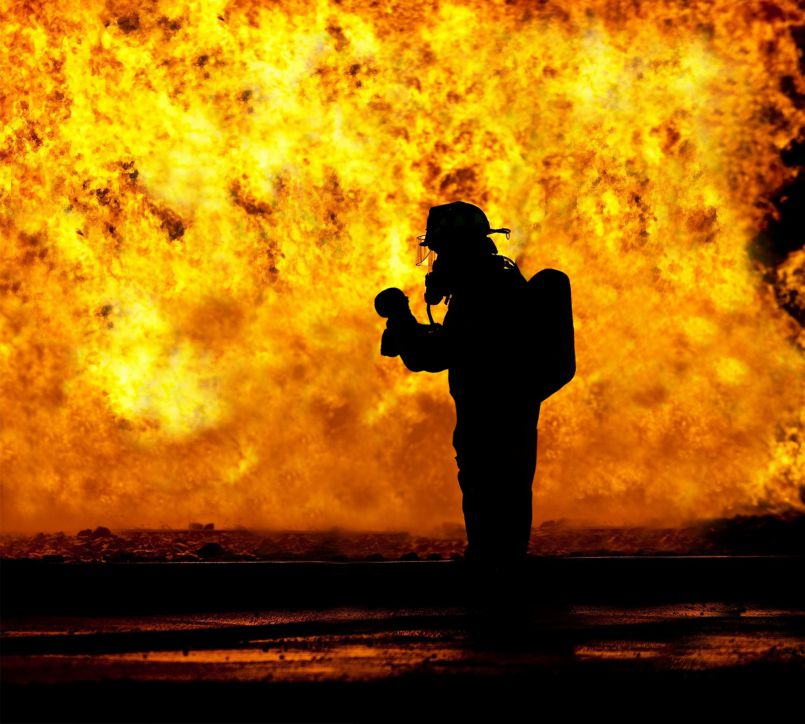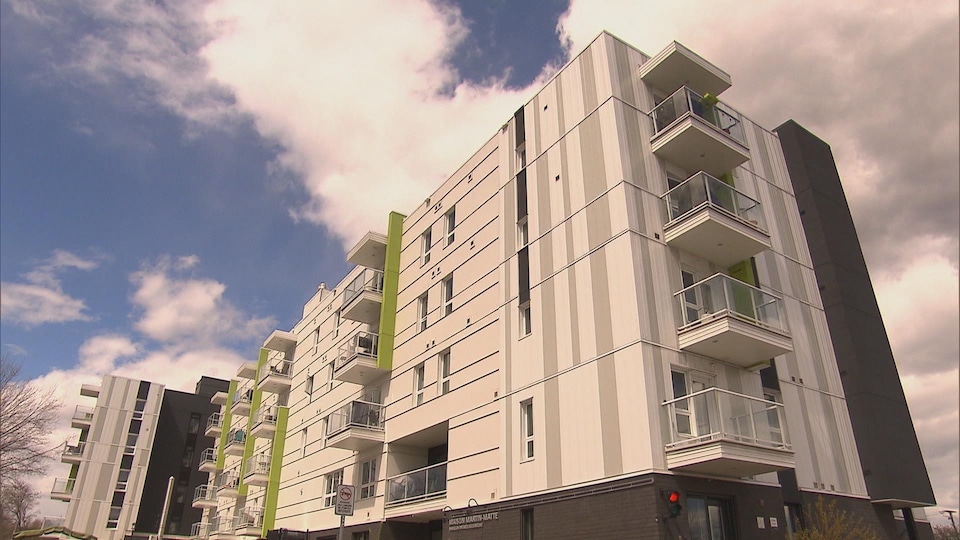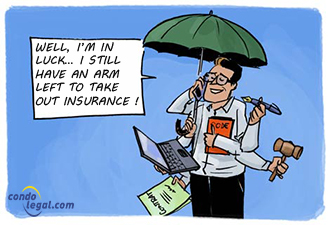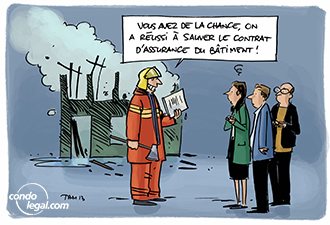Causes and consequences of water damages

The main causes of water damages include flooding, sewer backups, poor maintenance as well as broken pipes and leaky plumbing fixtures. Construction defects and faulty design such as defects in the tightness, a poor design of the drainage networks and a counterspend of the balconies can also be the cause of water damages. Since water damages affect common portions as well as private portions, they are one of the most difficult losses to manage. Additionally, the aftermath of water damage, including mold growth and structural deterioration, poses significant health and safety risks, further complicating the restoration process.
Origin of a water damage
Water damages are sometimes difficult to detect; they can be caused by:
- walls or roofs that are not watertight;
- the rupture of the piping and wiring due to aging or freezing;
- defective window caulking;
- an overflowing bath, a leaking washing machine or a leaking dishwasher;
- the forgetfulness or the negligence of a co-owner (example: a faucet that is not properly closed);
- sewer backups;
- a blocked sewer;
- a defective or outdated water heater;
- a faulty toilet (examples: leaks and overflows due to damaged mechanisms, worn seals or blockages),
Investigating the cause and the source
During a water damage, the leak can be more or less easy to detect; when it is visible, the intervention is simple but some more discreet leaks require a precise methodology to find their origin.
Given the particularities of divided co-ownership, it is sometimes difficult to identify the origin of a water damage and this is why it's necessary to ask whether it originates in a common portion or a private portion; this question may have an impact on the civil liability of the co-owners or the syndicate.
Material and non-material damages
More often than not, water damages affect more than one dwelling; they may impact the movable property of the co-owners as well as the common portions and the private portions of the building. Water damages often cause costly material damages to the co-ownership (condominium) and to the co-owners but also non-material damages such as the loss of the right of enjoyment of the premises. Furthermore, dampness following water damages may also be instrumental to the proliferation of mold which is detrimental to human health. In brief, water damages are a type of loss that should not be taken for granted.
Why can water damages become a major expense for the co-ownership?
Even though insurance covers the repairs, the co-ownership must nevertheless pay a deductible and support foreseeable premium increases. In some cases, the insurer can cancel the insurance contract after giving notice when he is of the opinion that the co-ownership has filed too many claims; thus, the co-ownership is then compelled to find a new insurer who will no doubt charge a much higher insurance premium.
Consequences on the insurability of the co-ownership
Damages caused by water represent each year nearly 50 % of the claims paid by insurers in Quebec; added to this is the effect of climate change which is causing floods and tornadoes. This increase in claims has resulted in a tightening of the insurance market for syndicates of co-owners such as a more limited protection, the non-renewal of the insurance policy as well as an increase in premiums and deductibles.
 WHAT YOU SHOULD KNOW! There are various alternatives to limit the risk of being affected by water damages; one of them is prevention.
WHAT YOU SHOULD KNOW! There are various alternatives to limit the risk of being affected by water damages; one of them is prevention.
 WHAT TO KEEP IN MIND: Insurance policies do not cover all losses; they contain exclusions.
WHAT TO KEEP IN MIND: Insurance policies do not cover all losses; they contain exclusions.
 WARNING! Quebec co-ownerships are too delinquent for the taste of insurers so many of them no longer insure these type of immovables.
WARNING! Quebec co-ownerships are too delinquent for the taste of insurers so many of them no longer insure these type of immovables.
Back to the factsheet: Water damages





